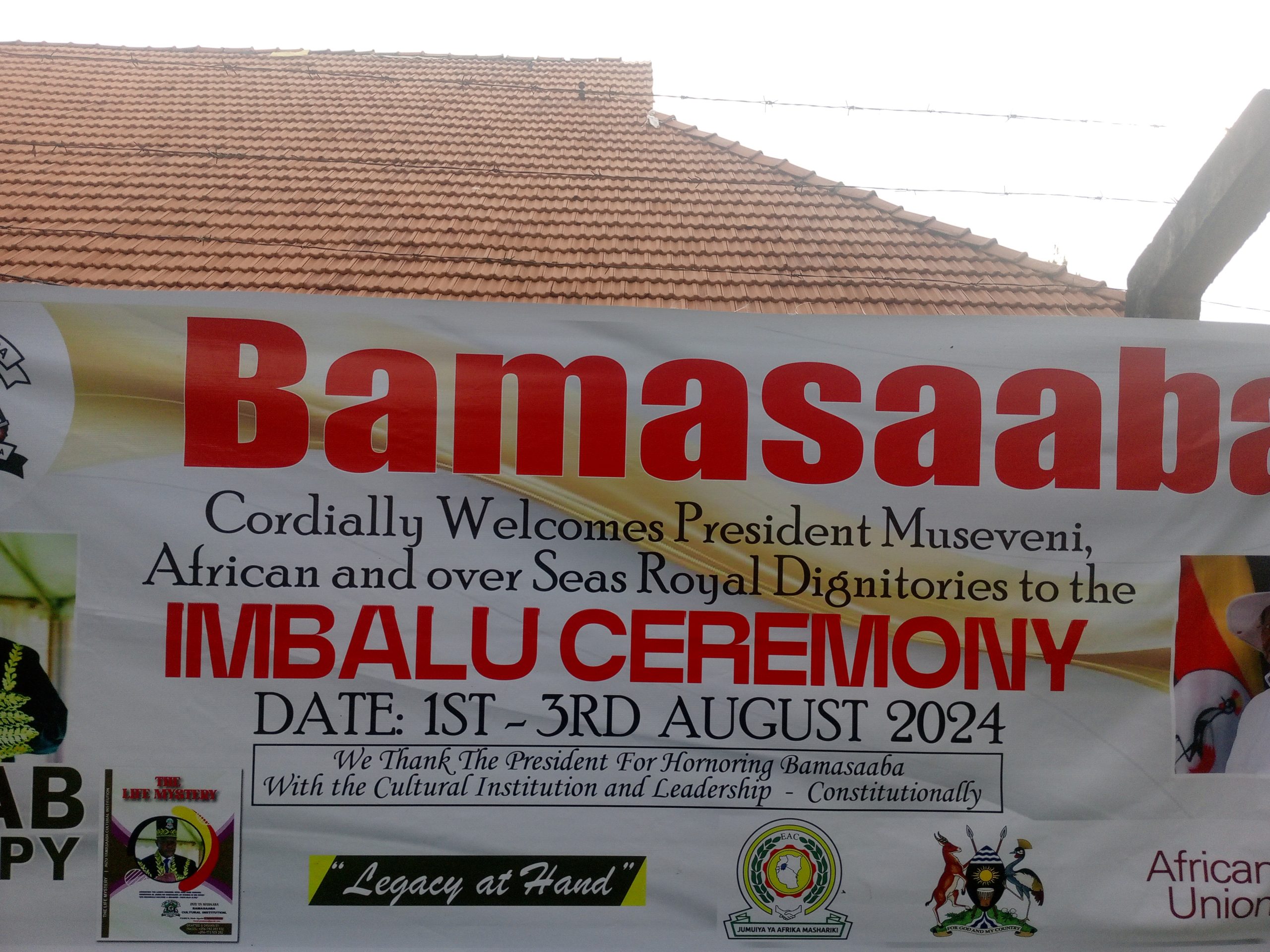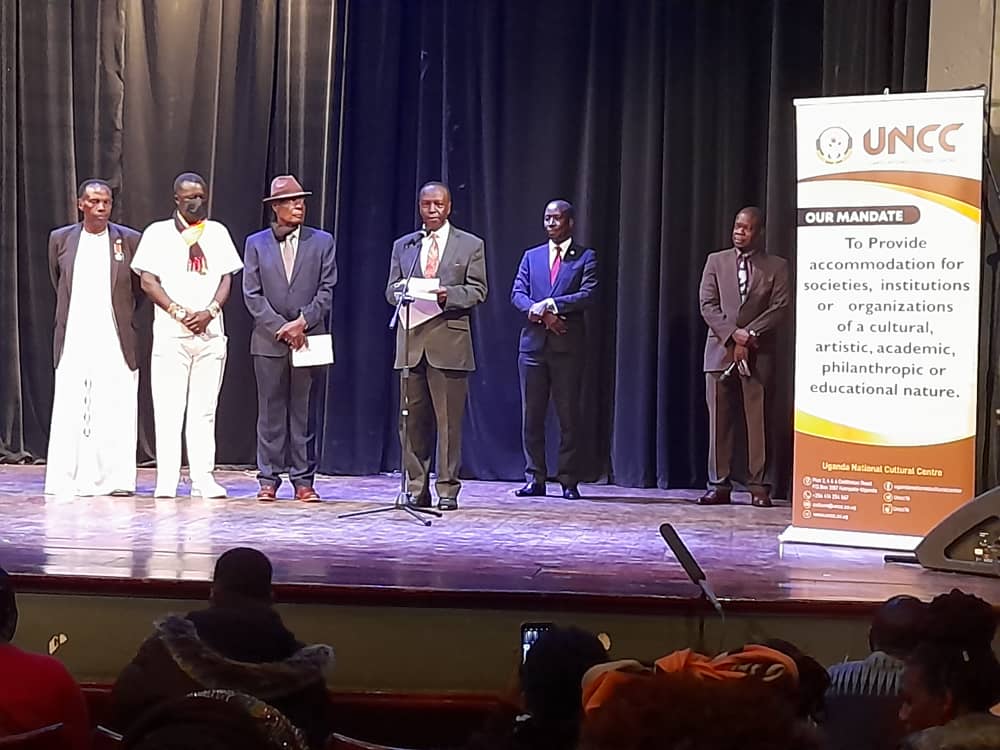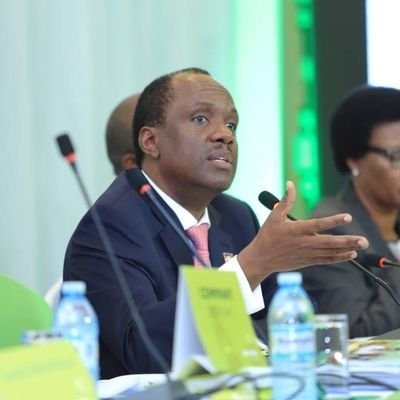The United Nations Educational, Scientific, and Cultural Organization (UNESCO) is an agency of the United Nations (UN) established in 1945 after the Second World War. Among its various mandates, UNESCO aims to help countries worldwide promote and preserve culture, democracy, education, and development, while also fostering communication between nations.
So far, UNESCO has helped various countries protect and preserve aspects of their cultures and customs, such as the Egyptian tombs, the Ahlat stonework in Turkey, the tradition of shaping volcanic stones into structures and artifacts in Turkey, and Japan’s traditional flute music. UNESCO currently protects and supports 730 intangible cultural elements across the globe.
Uganda has six cultural elements that are recognized and protected by UNESCO. These include:
- Barkcloth making among the Baganda
- The Bigwala Gourd trumpet music and dance among the Basoga
- The Impaako traditional naming ceremony among the Batoro and Banyoro
- The Koogere oral traditions of the Banyabwindi and Batoro
- The male child naming ceremonies among the Langis
- The Madi dances.
If the efforts of the Bamasaba cultural leadership, led by Umukuka III His Highness Jude Mike Mudoma, are successful, Imbalu—the traditional male circumcision rite of passage for the Bamasaba people—will become the seventh intangible cultural element recognized by UNESCO.
The Bamasaba cultural leadership is actively engaging with communities across the region of Masabaland, which includes seven districts in Uganda, as well as the Bamasaba diaspora in Kenya, to raise awareness about the importance of protecting this custom. They are concerned that neighboring tribes, such as the Bateso, Bagwere, and Basoga, are increasingly copying their customs in ways that dilute the authenticity of Imbalu.
Imbalu is a bi-annual rite of male passage to manhood, practiced every two years by the Bamasaba people of Uganda and Kenya, who number over 10 million, according to population estimates. There are two cultural timetables for the ceremony: one for school-going candidates, typically in December, and another for non-school-going candidates, typically held in August for about a month.
The rite of circumcision is practiced voluntarily among males aged 18 years and above and is carried out by traditional male surgeons, who are believed to be guided by spirits in the circumcision process (locally known as Khusheba). There is no formal training for these surgeons, who learn the craft under the tutelage of spirits called Kumusambwa (plural Kymusambwa). Without guidance from the Kumusambwa, a surgeon risks causing injury or damaging the male reproductive organ.
There are several theories regarding the origin of circumcision among the Bamasaba community. One theory, which is considered sexist, suggests that circumcision began when a woman demanded that her suitor be circumcised before she would marry him, which he agreed to around 600 years ago. Another theory, which is more scandalous, involves a man notorious for infidelity in the community of Mutoto, Uganda. To stop his promiscuous behavior, the community circumcised him. However, after healing, it is claimed that the women he slept with found him more sexually satisfying than their husbands, prompting a mass circumcision in the Mutoto community. A third, more anthropological theory suggests that the Bamasaba adopted the practice from Cushitic tribes when they migrated to Uganda about 600 years ago, although the Cushites no longer practice traditional circumcision.
The Bamasaba have been practicing traditional circumcision for over 600 years, and the cultural leadership is keen to preserve the practice before it becomes endangered. The leadership has emphasized that unless this practice is protected by UNESCO, it could lose its uniqueness, just as some other communities have shifted to hospital-based circumcision.
Imbalu is surrounded by several preparatory rituals. These include planting cultural foods to feed the families and communities supporting the candidates, notifying relatives about the ceremony (Khushebusa), and engaging in traditional dances (Isonja) in preparation. One of the most distinctive preparations is Mutoosi, a traditional practice in which participants roll in the mud as part of the rites of passage. These preparations, along with the circumcision itself, need to be protected and preserved.
Once the nomination forms are submitted by the Bamasaba cultural leadership and accepted by UNESCO, Imbalu will become the seventh intangible cultural heritage recognized by the organization.
Mr. Dan Kaweesi, the UNESCO country representative, commended the broad consultations being carried out by the Bamasaba cultural leadership to ensure that all clusters and groups within the Bamasaba community are well-informed about the importance of having Imbalu protected by UNESCO.
The Minister in charge of Museums and Tourism within the Bamasaba Cultural Institution, Hon. Priscilla Khainza Mungoma, also expressed her support for the effort, highlighting that the leadership is currently visiting various districts in Masabaland to inform the Bamasaba people about the dangers of not having their customs protected by UNESCO and the benefits of having Imbalu archived as an intangible cultural product.
The Imbalu tradition has significant cultural benefits in the Bamasaba community. For example, there is strong respect for circumcised men, and uncircumcised men are looked down upon. Their children are even forbidden from calling them “Daddy” (or “Papa”) until they undergo the ritual. The World Health Organization (WHO) has encouraged male circumcision as a measure to reduce the spread of sexually transmitted diseases, including HIV. Research studies have shown that HIV rates among the Bamasaba people are much lower compared to non-circumcising tribes.
Circumcision or Imbalu among the Bamasaba people, who number around 3 million according to the latest census, is a mandatory requirement for all males over 18 years of age. It is in line with Ugandan municipal law and international customary law.
UNESCO recognition brings several benefits, including international recognition of the practice, funding to ensure its preservation through sensitization campaigns, and the potential for communities to earn income through cultural tourism. This would also contribute to the development of museums and cultural tourism in Masabaland, where all elements of Imbalu can be celebrated and recognized globally.




















